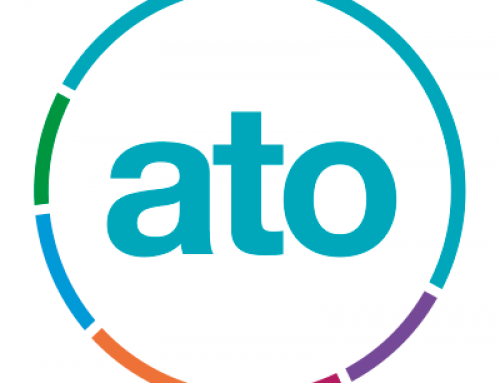We are hearing a lot about (yet more) proposed changes to superannuation. This time the income tax paid by companies which is passed on through dividends to shareholders (including EVERY superannuation fund in Australia) is under fire.
So here is the simple truth. Every cent in franking credit refunds for Retirees in pension mode and other superannuants in accumulation mode goes back into the person’s member account.
In turn, these refunded franking credits perform two jobs:
- they go to work earning more income for the Member and
- they assist in slowing down the erosion of the balance in the Member’s superannuation account.
This is so whether you have a self managed super fund, or you are in an industry fund, or any other kind of super fund. Which means that your superannuation in retirement will run out earlier than it otherwise would, and/or you will need to rethink your standard of living.
The proposed measures will also impact on every Age or Disability part or full Pensioner who has a few Telstra or CBA shares or shares in demutualised insurance companies they have been issued over the years, and which generate a few extra dollars for them every 6 months – currently these excess franking credits are refunded by the ATO.
Add to this mix every low income earner – i.e. those people whose taxable income is less than about $37,000 per annum, and you might agree that the worth of these few extra dollars to someone already living on, or not far above, the poverty line is far greater than any benefit to be returned to Treasury.
Another point that is being intentionally overlooked in this sorry debate is that shareholders, however modest their shareholding, are the owners of these businesses, so the streaming of profits is a given. Small Business entity Sole Traders, Partners in partnerships and Trust beneficiaries pay tax on their business income at 27.5% plus Medicare and any other levies in force from time to time. Shareholders pay tax at their marginal tax rate, plus Medicare etc. More often than not this turns out to be a higher amount than the 30% franking credit, yet they are not going to be offered any tax relief in this proposal.
Forget about rich vs poor – each and every one of you personally will feel the impact.
In our opinion, there has to be a better way than this line of thinking.





Leave A Comment
You must be logged in to post a comment.